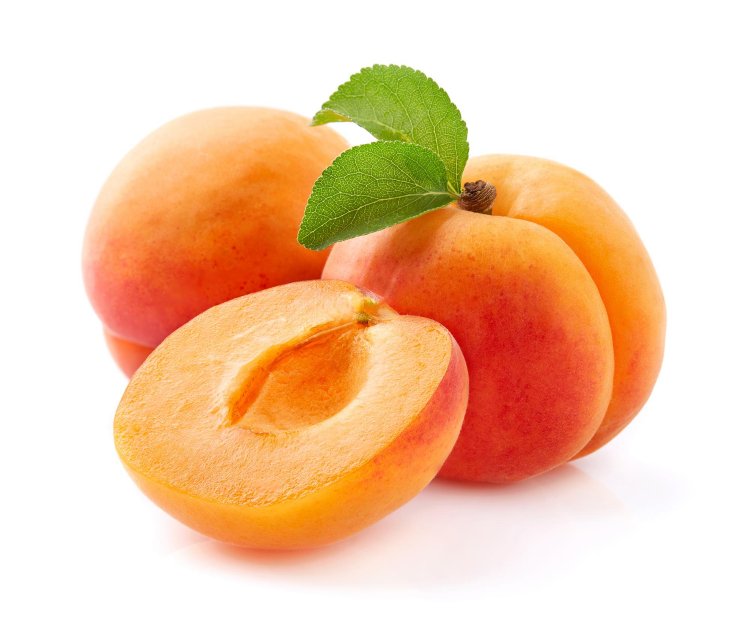Historical Significance
Dating back thousands of years, the apricot boasts a rich history. Its journey began in northeastern China, where it was initially cultivated and then disseminated along the Silk Road to various parts of Asia, including Armenia, lending its scientific name, Prunus armeniaca.
Throughout ancient times, apricots were revered for their flavor and nutritional value, especially in arid climates where their resilience against droughts made them invaluable as a food source.
Cultivation and Varieties
In contemporary times, apricots are cultivated across diverse regions such as the United States, Turkey, Iran, and Spain. Flourishing in temperate climates with well-drained soil and abundant sunlight, they present numerous cultivars, each bearing unique characteristics.
- Blenheim: Esteemed for its intense flavor and aromatic essence, the Blenheim apricot enjoys popularity among fruit enthusiasts.
- Moorpark: Recognized for its substantial size, succulent flesh, and rich flavor, the Moorpark variety is well-suited for both fresh consumption and culinary applications.
- Royal: Distinguished by its exquisite appearance, boasting a deep orange hue and smooth skin, the Royal apricot offers a sweet and tangy flavor, ideal for various culinary endeavors.
Nutritional Composition
Beyond their delectable taste, apricots are powerhouses of essential nutrients crucial for overall health and well-being. They serve as excellent sources of vitamins A and C, pivotal for maintaining optimal vision, fortifying the immune system, and nurturing skin health.
Moreover, apricots abound in dietary fiber, facilitating digestion and aiding in the regulation of blood sugar levels. Laden with antioxidants like beta-carotene and lutein, they offer protection against oxidative stress, thereby potentially mitigating the risk of chronic ailments such as heart disease and cancer.
Health Benefits
The consumption of apricots is associated with a myriad of health benefits, including:
- Cardiovascular Health: Apricots are rich in potassium, a mineral essential for regulating blood pressure and promoting heart health.
- Digestive Wellness: The high fiber content in apricots supports digestive health, preventing constipation and fostering gastrointestinal regularity.
- Ocular Protection: The presence of vitamin A and carotenoid antioxidants in apricots contributes to maintaining healthy eyesight and may reduce the risk of age-related macular degeneration.
- Skin Nourishment: Apricots, owing to their vitamin C content and antioxidant properties, aid in maintaining radiant skin by combating free radical damage and promoting collagen synthesis.
Culinary Versatility
Apricots exhibit remarkable versatility in the culinary realm. Whether consumed fresh as a wholesome snack, incorporated into vibrant salads to impart a sweet and tangy flavor, or used in various desserts such as pies, tarts, and cakes, they never fail to elevate culinary creations.
Additionally, dried apricots serve as convenient and nutritious snacks and find utility in cooking, lending their natural sweetness to savory dishes like tagines and curries.
In summation, apricots emerge not only as delightful fruits but also as potent contributors to overall health and vitality. Whether relished fresh, dried, or cooked, these versatile fruits impart a burst of flavor and a wealth of nutrients to any dish. With their storied history, global appeal, and extensive health benefits, apricots rightfully claim their status as cherished fruits worldwide.
#Apricots #History #Cultivation #Varieties #Nutrition #HealthBenefits #CulinaryVersatility #Fruits






















